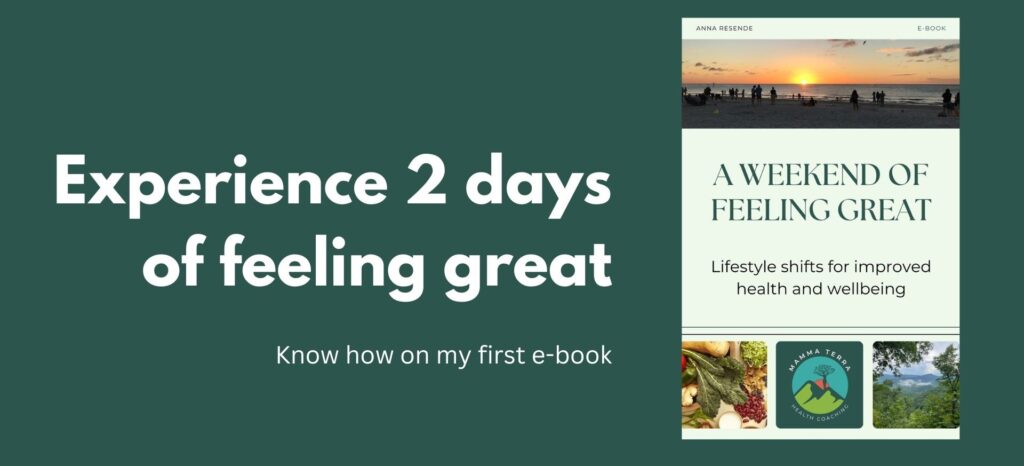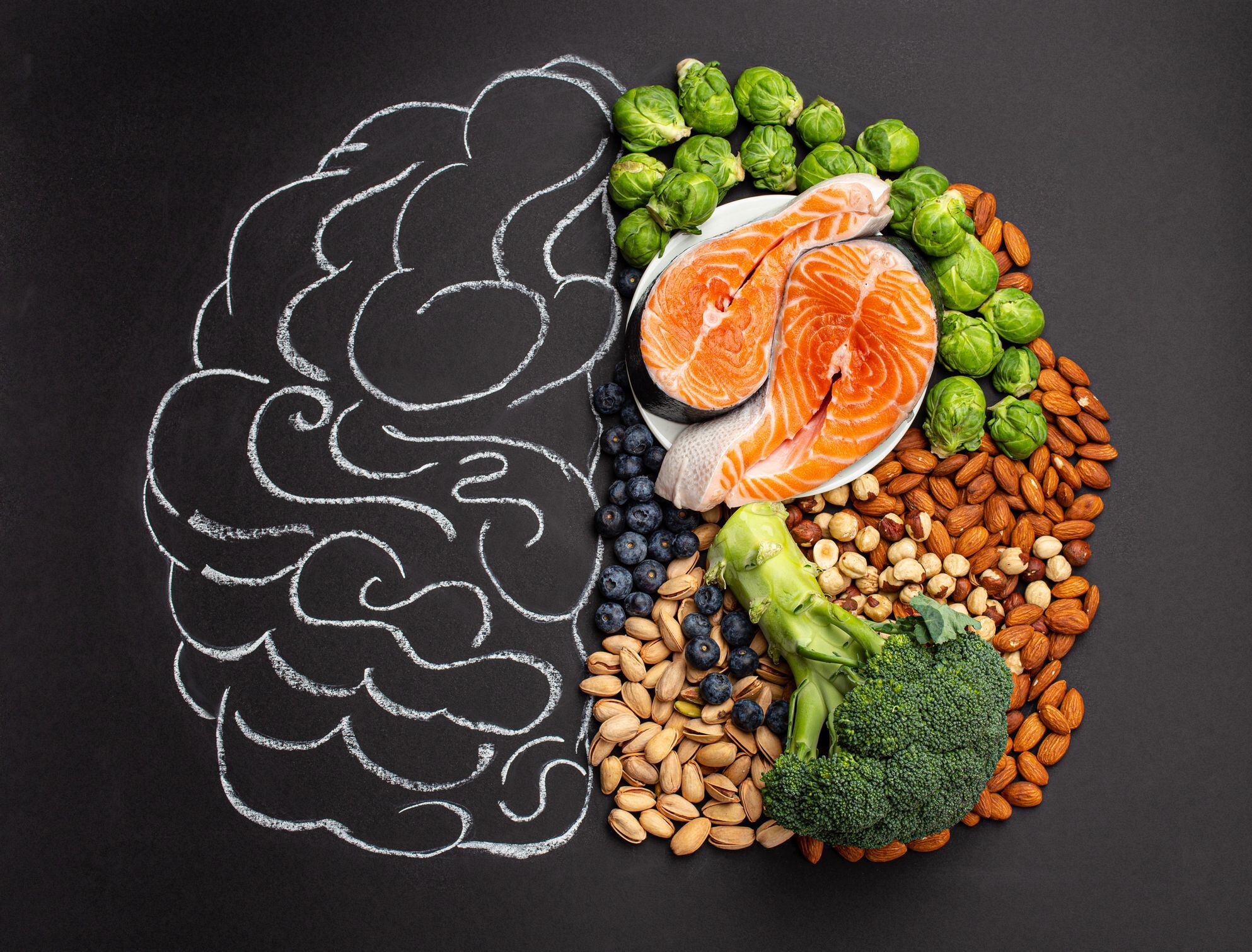It Started in a Zoo
I had the chance to visit Knoxville’s Zoo this past Sunday and, although it’s a very nice setting, integrated with the mountains, with beautiful and abundant nature, I felt bad. There were elephants, rhinos, giraffes, and gorillas, all the way from Africa. How crazy it is what we do with those animals! We take them from their natural habitat to incarcerate them for visitation. Isn’t transporting those animals overseas from Africa to the US absurd? Or to anyplace else for that matter because, unfortunately, zoos are everywhere.
Native People
Well, the fact made me think about a conversation I had with a podcast guest of mine about how Europeans treated our original indigenous people during colonization. What we are doing to animals to this day is no different from what they’ve done to Native Americans, Mayans, Aztecs, Incans, Brazilian Indians, and Aboriginal Australians. For some weird reason, Europeans thought they were superior and therefore had the right to decimate the colony’s original folks and take over their land and resources.
The Disconnection
As Americans, our disconnection from nature probably started in 1492 when Christopher Columbus and his crew landed on an island in the Bahamas. The Italian explorer sailing under the Spanish flag made his way across the Atlantic Ocean on October 12, 1492. The date marked the beginning of European exploration and colonization of the American continent. Although the continent was already inhabited by diverse Indigenous peoples with rich cultures and histories long before Columbus’s arrival, from a European perspective, this event is referred to as the “discovery” of the Americas.
Human Rights
After the advent of “discovery”, the incredible Indigenous people – who were living integrated and in harmony with nature, were exploited, raped, made slaves, and eventually killed. Their deep relationship with the land and superior knowledge of healing, agriculture, architecture, and many other things are still not fully understood. That’s exactly how I feel about animals – they have an innate and amazingly superior mutual respect approach to living in harmony with nature and communities. We have so much to learn from them, yet we think we’re superior.
Animal Rights
As the colonizers have done to native people, we have decimated lots of animal species and continue to exploit many others. On factory farms, calves are brutally taken from their mothers so humans can enjoy their milk. Gilts are continuously raped to make more piglets. Chickens are incarcerated, horses are made slaves, and hundreds of thousands of animals are being killed every year. Why do we think we’re superior? What gives us the right to take a wild animal from its natural habitat and lock it in a zoo? If we’re all animals, part of the same creation, sharing the same Earth.
Disconnection
This is how much we’re disconnected from our essence. As humans or homo sapiens, we have this egoic notion of superiority over other species. Even worse, some humans still think they’re superior to other humans! This has to end. As humanity, we must see the big picture. The self-destructive path that brought us here cannot take us any further. The ecological, biological, and humanitarian disasters happening more often than ever deliver a message – Mother Earth is screaming for help.
Peace, Love, and Freedom
It’s unbelievable that in the 21st century, we’re still seeing wars. Where is the Human, Civil, and Animal rights? We could’ve changed the course of things and avoided a lot of suffering if the hippie movement had succeeded. The “Hippies” were much more than a countercultural trend community; they were seeking a profound social revolution. Amidst political unrest, with the Vietnam War in the background, and a burgeoning civil rights movement, the hippie ethos centered on peace, love, and freedom. Principles that remain relevant to contemporary culture.
Embracing Peace
Amid the turmoil of the Vietnam War, the hippie movement’s core commitment was to peace and nonviolence. They became vocal advocates organizing protests and marches that called for an end to the conflict. The anti-war sentiment was not just a reaction to a particular conflict but a broader statement against violence as a means of resolving disputes. In today’s world, where conflicts still arise, the hippie philosophy of nonviolence remains a powerful reminder of the importance of mutual understanding, dialogue, and diplomacy.
Love and Community
“Make love, not war” was more than just a slogan; it encapsulated the hippie ideal of fostering love and community. Hippies valued deep interpersonal connections and communal living, often forming tight-knit groups that shared resources and supported one another. In an era where social isolation and mental health issues are prevalent, we should honor the hippie’s legacy of love and community. The modern movements towards intentional communities, co-housing, and cooperative living are a heritage of this enduring principle.
Environmentalism and Sustainability
Long before “green” became a buzzword, hippies were advocating for a harmonious relationship with nature. They recognized the importance of living sustainably and protecting the environment from industrial exploitation and pollution. Their practices of organic farming, recycling, and conservation laid the groundwork for today’s environmental movements. As we face the pressing challenges of climate change and environmental degradation, the commitment to sustainability is more relevant than ever.
Personal Freedom and Individuality
Hippies championed personal freedom and the right to individual expression. They challenged societal norms and rejected the conformist pressures of mainstream culture, opting instead for a life that celebrated creativity, spontaneity, and authenticity. This principle of personal freedom continues to be actual as now we are also facing social media pressures. There is still a need to fight for a broader acceptance (and respect) of diverse lifestyles beyond civil liberties and human rights. It’s time to expand the sense of justice and freedom for all living creatures.
Holistic Health and Wellness
The hippie movement also brought attention to holistic health practices, including yoga, meditation, and natural medicine. These practices were viewed as alternatives to conventional medicine and were part of a broader quest for spiritual and physical well-being. Today, more than half a century later, I see the popularity of holistic health practices growing again, as if they were dormant seeds. I do strongly believe that the hippie’s legacy of a holistic approach to wellness is the way to reverse the health crises we’re currently witnessing.
It Failed
Despite its meaningful purpose and significant cultural contributions, the hippie movement ultimately failed to sustain itself. One of the primary reasons for its decline was the lack of leadership and strategy. The movement’s lofty ideals of peace, love, and communal living also clashed with practical realities. Maybe they were not fully ready to reject traditional societal structures, including stable jobs and conventional family life.
However, I believe the main reason why the movement failed was the wrong turn it took to the use of psychedelics. The intention to expand consciousness and foster spiritual growth was noble but, widespread drug abuse became a significant problem within the movement. The prevalence of narcotic addiction and related health issues undermined the credibility and stability of the hippie community, contributing to its decline.
Internal Fragmentation
Within the movement, there were also significant ideological divisions. While some hippies focused on peace and environmentalism, others were more concerned with personal liberation or political activism. These internal conflicts and differing priorities made it difficult to present a united front. Fortunately, many of the movement’s ideas and practices did not disappear but evolved and integrated into mainstream culture. The contemporary environmental, health and wellness, and social justice movements carry forward aspects of the hippie ethos.
The Hippie Movement of the 21st Century
While the late 60s movement as a distinct entity may have faded, its influence persists in various forms. The hippie era’s ideals continue to inspire today’s society. The Peace & Love Movement of the 21st Century already exists with peaceful protests all over social media. Holistic communities like Awakenpedia, have been formed and are gathering thousands of followers. By learning from its successes and shortcomings, we can make this version of the hippie movement successful.
Cohesive & Strong
There is no fragmentation this time, regenerating the planet is the ultimate common goal. We all can join Farmer’s Footprint, a growing movement under the wise and heart-centered leadership of Zach Bush MD. As far as strategy, there are two main ones for regeneration. One is collective spiritual awakening – a must-do internal work of self-knowledge, self-acceptance, and self-love. The second is regenerative agriculture, whose purpose is to accelerate the regeneration of food systems as a means to restore human and planetary health. Once we know, accept, and love ourselves we’re ready to love and care for others and the planet.
New Era Jobs
There are means to financially sustain the revolution this time. In numerous real-time experiments, permaculture farms have been proven economically viable. Besides, regenerative agriculture can guarantee a high-quality and healthier food supply for humanity. Other myriads of new ways to make money doing the right thing have emerged, contrary to the 60s’ traditional stable jobs. Technological advancements can be used for the greater purpose of generating green energy, recovering polluted water systems, and recycling waste that cannot be avoided. That’s the way to leave a functional planet for future generations.
What About Zoos?
My vision of the new era’s zoo is a beautiful place where all ecosystems would be recreated with technology. More like what exists in Montreal’s Biodome – a rainforest, a savanna, Antarctica, and so forth. But the difference would be no true animals. Holograms, videos, and mobile replicas of animals would be used to teach and entertain. No different from museums of natural history and amusement parks. Every living animal would be reintegrated and left alone in their natural habitat with their families and communities.
Back to Basics
The principles of peace, love, community, ecology, and holistic health continue to be fundamental to contemporary society. The strategy of using regenerative agricultural practices is also going to (re)connect us to our natural essence, where we won’t need substances to elevate our level of consciousness anymore. And holistic practices will be our resort to support ourselves and each other on this healing journey.
The legacy of the hippie movement is a testament to the enduring power of idealism and the human spirit’s capacity for a much-needed positive change. It would be good to soon pledge allegiance to the flag of this NEW WORLD, and to the VALUES for which it stands, ALL Nations under God, indivisible, with liberty and justice for all LIVING CREATURES.
After all, Good is what makes you feel well!
Anna.

Anna Resende
Integrative Nutrition Health Coach
Certified by IIN - Institute for Integrative Nutrition
Every week I send out my newsletter called Mamma’s Tips where I share health and wellness topics, good books, recipes, and more.
Click below to subscribe!
I’m excited to share that I just published my first e-book
A Weekend of Feeling Great!

In this book, you’ll find all the steps you can take to feel great. Besides all the foundational principles of multidimensional health, it has a sample of a productive daily routine and a two-day menu with 10 healthy recipes for you to try.




